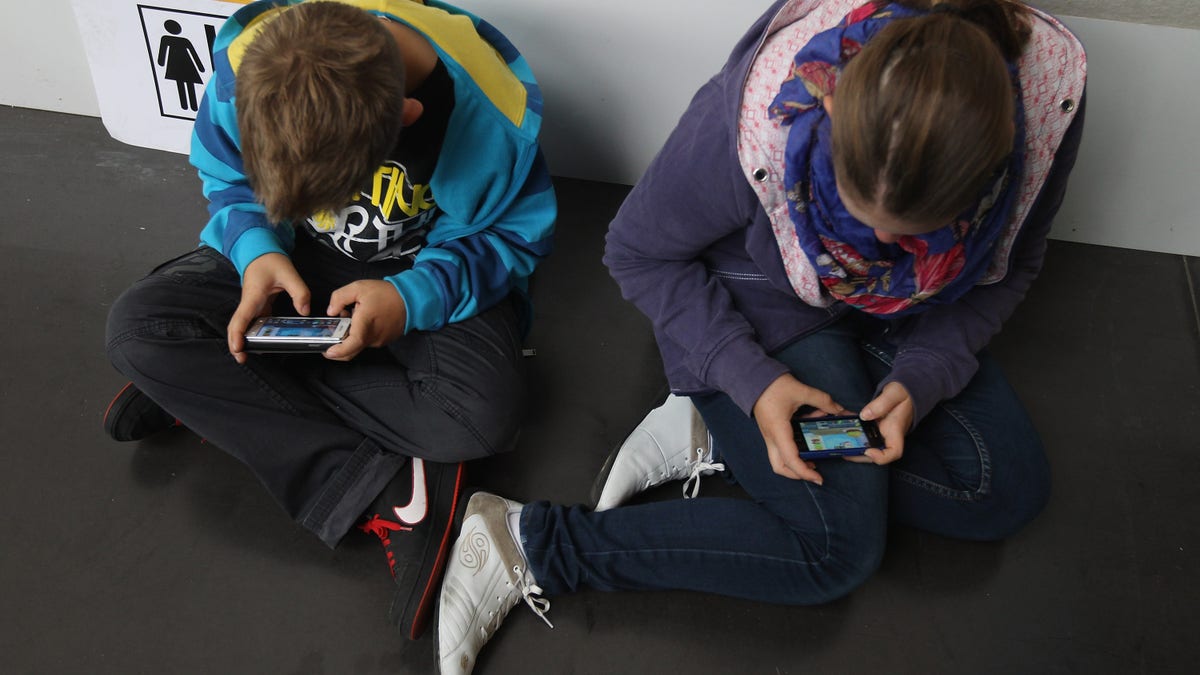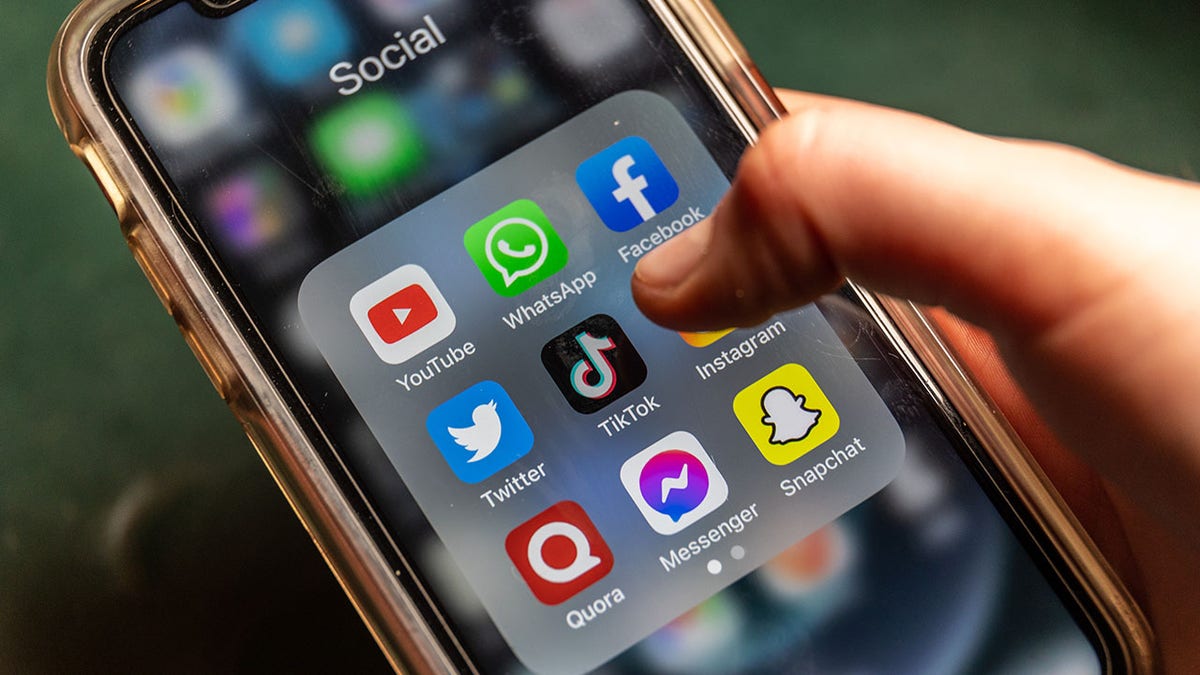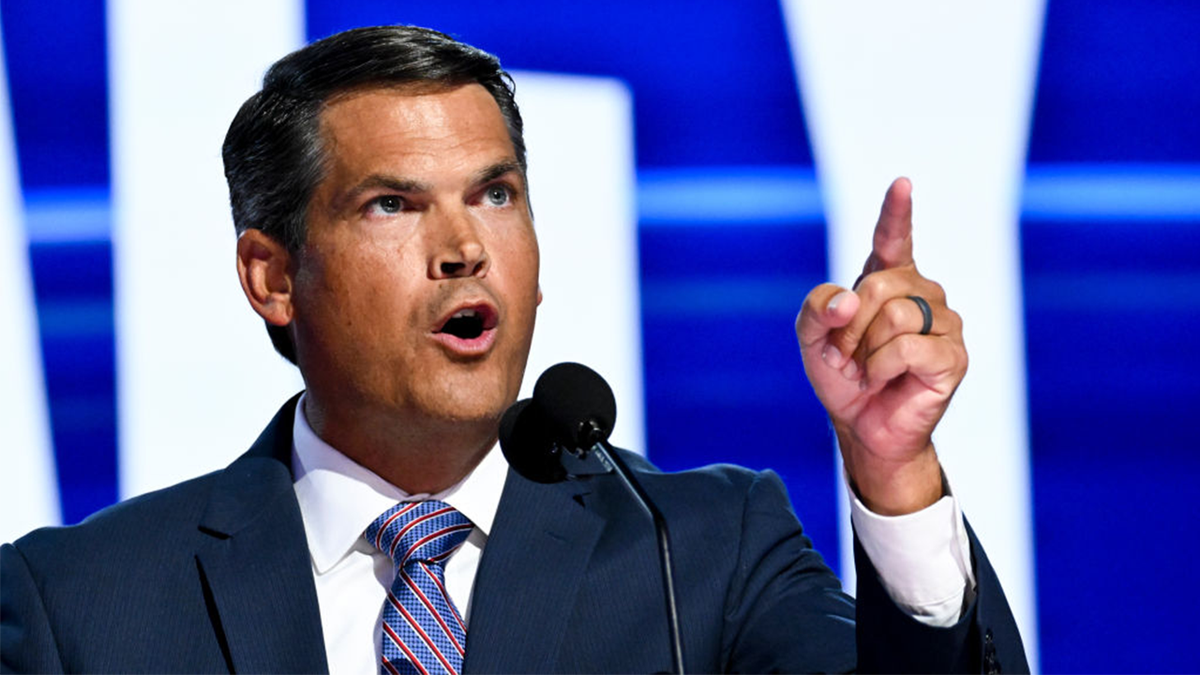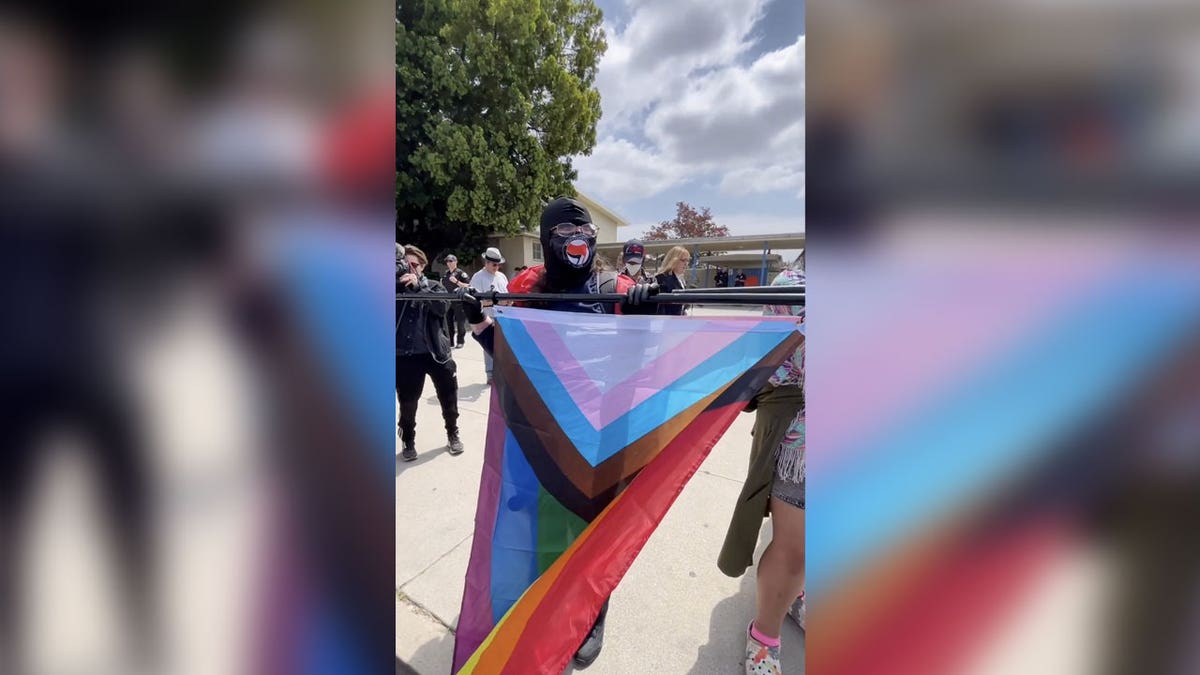A significant shift is underway in American education as schools increasingly ban smartphones from classrooms. This movement, fueled by growing concerns about the devices' impact on students' attention spans and mental well-being, is gaining momentum thanks to the work of social psychologist Jonathan Haidt and his book, "The Anxious Generation."
Haidt recently predicted that the majority of U.S. schools will be phone-free by September 2024. This projection comes as parents and educators increasingly acknowledge the detrimental effects of smartphones and social media on children, advocating for stricter policies within educational settings.

The shift is evident in schools like Seaside School District, where teacher Suzanna Kruger observed students struggling with in-class focus after a period of remote learning. Many were either disengaged, using headphones, or scrolling through social media platforms like TikTok, often refusing to put their devices away when asked. Seaside, along with other districts in Virginia, South Carolina, and California, has since implemented smartphone bans.

Haidt's work has been instrumental in raising awareness about this issue. His book, endorsed by figures across the political spectrum, including Governor Ron DeSantis and former President Barack Obama, highlights the link between smartphones and declining test scores and rising mental health issues among teens. His "Great Rewiring of Childhood" proposes four key rules: no smartphones before high school, no social media before 16, no phones in school, and increased unsupervised play and independence for children.

Haidt attributes the rapid growth of this movement to a collective realization among parents and educators about the harms of excessive smartphone use. He believes that many parents who were initially hesitant to restrict their children's phone access due to social pressure are now feeling empowered to do so, as the consensus for change solidifies.








